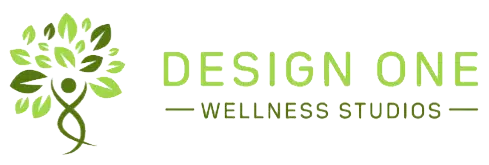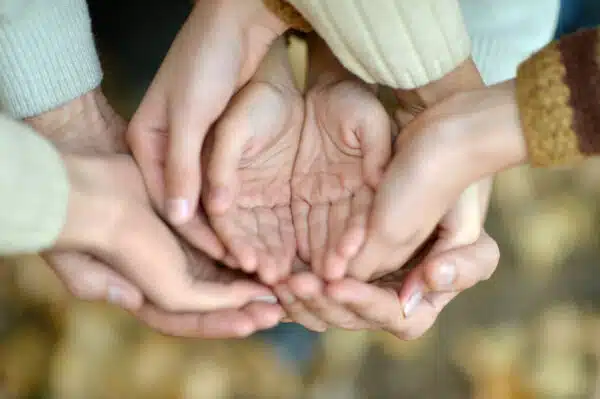The Myth That’s Keeping You From Healing
In our quest to understand and manage burnout, there’s a stubborn myth that often blocks our path to healing. It’s the misconception that burnout is a sign of weakness. And today, I want to dismantle this myth.
Many of you have confided in me, sharing your struggles with burnout. You’ve spoken of the endless fatigue, the mental fog that seems to blanket your thoughts, and the overwhelming sense of just not being able to keep up. And in these vulnerable moments, I’ve heard a common thread – a harsh inner critic saying, “If only I were stronger, I wouldn’t feel this way.”
Let’s set the record straight:
Burnout is not a measure of your strength or resilience.
It’s not a character flaw or a personal failing. It’s a sign that something in your body – be it hormones, digestion, sleep, pathogens, or toxins – is out of alignment with your well-being. It’s your body and mind waving a red flag, saying, “Hey, something’s got to give.”
I’ve been there, too. Pushing my limits, I believed that powering through was the answer. But my body thought otherwise. The constant fatigue, the irritability, the depression, and skin issues – these were more than just signs of a hectic life; they were signs of deeper issues within my body. It took me a while to realize that these common symptoms were my body’s way of communicating that things weren’t as they should be.
This myth that burnout is a sign of weakness does more harm than good. It keeps us from seeking help, sharing our struggles, and making the necessary changes to heal. It traps us in a cycle of guilt and shame when what we really need is understanding and a clear, sustainable plan.
So, what’s the way forward?
Burnout is a signal, not a sentence.
It’s a call to acknowledge and address the deeper issues – whether it’s nutritional imbalances, hormonal disruptions, or emotional and mental stressors. Just because a symptom is common doesn’t make it normal. It’s about recognizing that healing from burnout means addressing these underlying issues.
In the upcoming weeks, I’ll be diving deeper into practical steps you can take to address burnout from a place of empowerment, not shame. We’ll explore a range of topics, from nutrition and sleep to stress management and emotional well-being. This isn’t just about treating symptoms; it’s about nurturing our entire being for sustainable health and vitality.
Remember, acknowledging burnout isn’t admitting defeat. It’s the first step towards reclaiming your energy, your joy, and your life. You are not weak; you are human. And it’s okay to not have all the answers. That’s why we have each other.
So, let’s embark on this journey together. Let’s create a space where vulnerability becomes our strength, and healing is a journey we embark on with compassion and understanding. You are more than capable of healing, and you don’t have to do it alone.
DM me over on Instagram. I’d love to hear your story. Let’s break the burnout cycle together.


